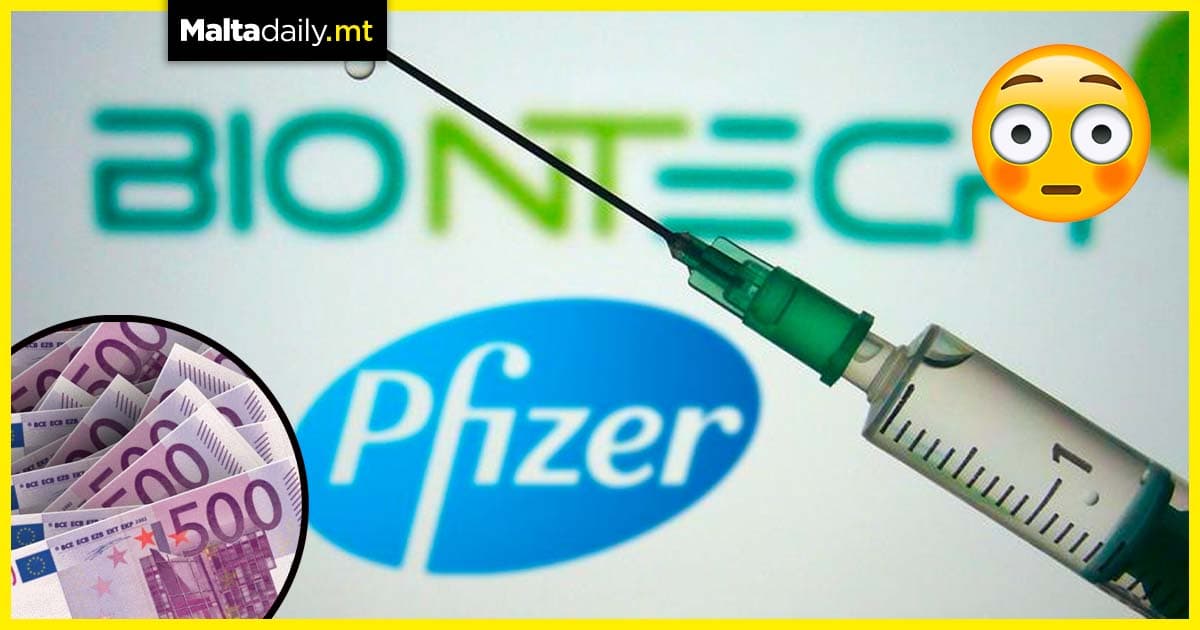Companies Pfizer, BioNTech and Moderna making €57,100 per minute

Pharmaceutical companies Pfizer, BioNTech and Moderna are making the combined profit of €57,100 ($65,000) per minute due to their successful COVID-19 vaccines.Despite the world’s poorest countries remaining largely unvaccinated, the companies have sold the vast majority of their doses to rich countries.
The People’s Vaccine Alliance (PVA), a coalition campaigning for wider COVID vaccine access, revealed how this is leaving low-income nations far behind in their epidemiological battle against the pandemic.The alliance is estimating that the trio will make pre-tax profits of €30 billion this year between them. This translates to €879 per second, €65,000 per minute and €82.2 million per day.‘It is obscene that just a few companies are making millions of dollars in profit every single hour, while just 2% of people in low-income countries have been fully vaccinated against coronavirus’ highlighted Maaza Seyoum of the Africa Alliance and People’s Vaccine Alliance Africa.
Pfizer and BioNTech delivered less than 1% of their total supplies to low-income countries, whereas Moderna delivered just 0.2%.Conversely, 98% of people in low-income countries have not been fully vaccinated. These actions are contrasted to AstraZeneca and Johnson & Johnson, which provided vaccines on a not-for-profit basis. This is set to end as the pandemic winds down.
The PVA also said that the three companies are refusing calls to transfer vaccine technology to producers in low to middle income countries via WHO, which can increase global supply, drive down prices and save millions of lives.
#MaltaDaily


